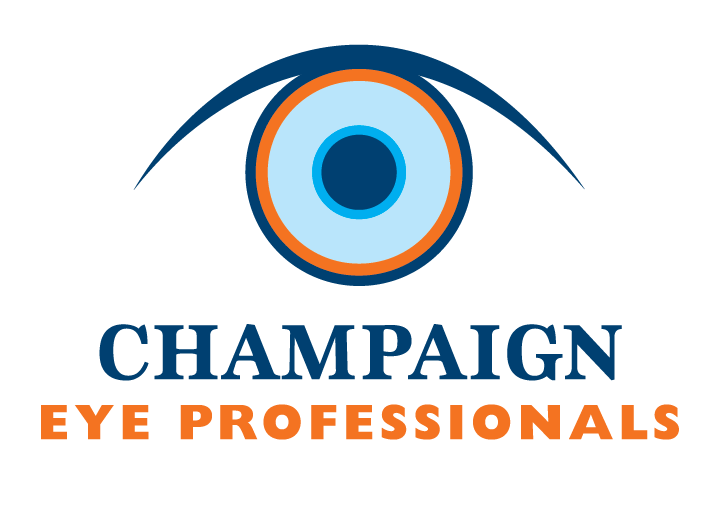Your Guide to Choosing the Perfect Sunglasses
Sunglasses not only make you look confident and sexy, but they also protect your eyes from the sun’s harmful UV rays. If you spend a lot of time outdoors on sunny days, you need sunglasses. Wearing them religiously can help you avoid some of the common signs of aging on your eyes, including the formation of cataracts. Your vision care specialist can help you choose sunglasses in Champaign, IL, that flatter and complement your facial structure. These tips may help.
Outline Your Face in the Mirror to Find Its Shape
A lipstick is all you need to find the shape of your face. Simply stand before a mirror and use the lipstick to draw its outline. When you step back, you’ll have a clear idea of how your face is shaped. Then, you can purchase sunglasses to complement it. Your vision care associate can help you find the right frame for your face, but you can make the process easier by understanding your facial structure.
Choose a Flattering Color for Your Sunglasses
You’ll want sunglasses that go well with your complexion and hair color, so follow these simple rules of thumb:
- Warm, light-colored or dark-colored skin needs earth tones.
- Cool, light-colored or dark-colored skin looks better in striking shades of blue or gray.
- Medium skin usually goes well with a wider range of colors and hues, so if you have olive-tone skin, you may have more colors from which to choose.
It’s important to understand whether your skin has warm or cool undertones. Your vision associate can help you decide.
Champaign Eye Professionals, in Champaign, IL, is always happy to help you choose the best frame and color for your prescription or non-prescription sunglasses. Speak with one of our friendly representatives today to schedule an appointment.





